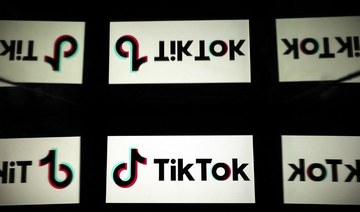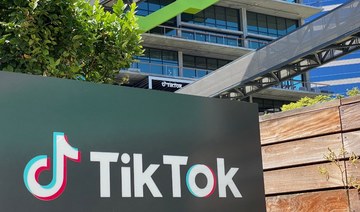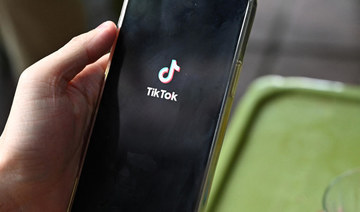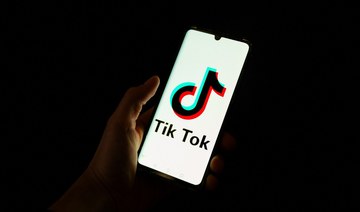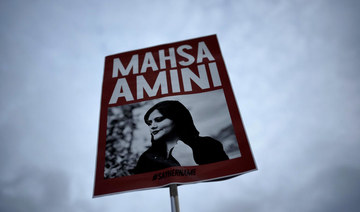Short-video sharing app TikTok on Wednesday launched a pilot program that lets users upload video resumes for US-based jobs ranging from a WWE Superstar to a senior data engineer at Shopify or a creative producer at TikTok itself.
Under the “TikTok Resumes” program, companies including Chipotle Mexican Grill and Target Corp. will accept video resumes for openings from July 7 through July 31.
Used widely by Gen Z and millennials, the platform will let users apply for entry level jobs to experienced positions with videos bearing the hashtag #TikTokResumes, the company said in a blog post.
The United States has been facing a shortage of willing workers as labor demand returns after the pandemic, fueled by rapid vaccinations against the coronavirus.
Known for trend-setting dance videos, TikTok has seen a rise in career and job-related content under hashtags like #CareerTok. Companies including dating app Bumble Inc. and Facebook let users network and search for jobs, but Microsoft Corp’s LinkedIn remains the go-to social media site for professionals.
TikTok lets users apply for jobs with video resumes
https://arab.news/rbcut
TikTok lets users apply for jobs with video resumes
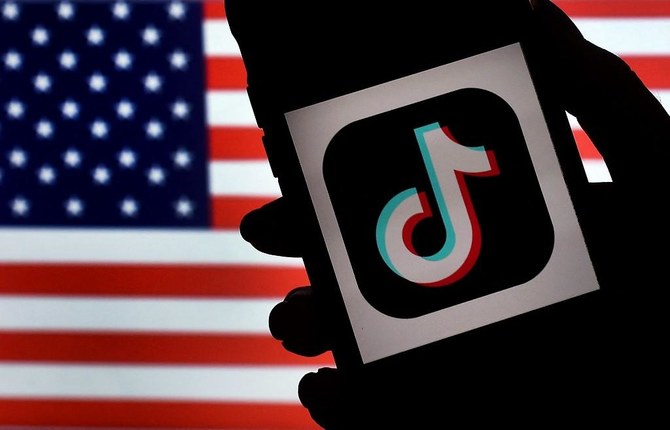
- TikTok launches program that lets users upload video resumes for US-based jobs.
- TikTok has seen a rise in career and job-related content under hashtags like #CareerTok.
TikTok to label AI-generated images, video from OpenAI and elsewhere
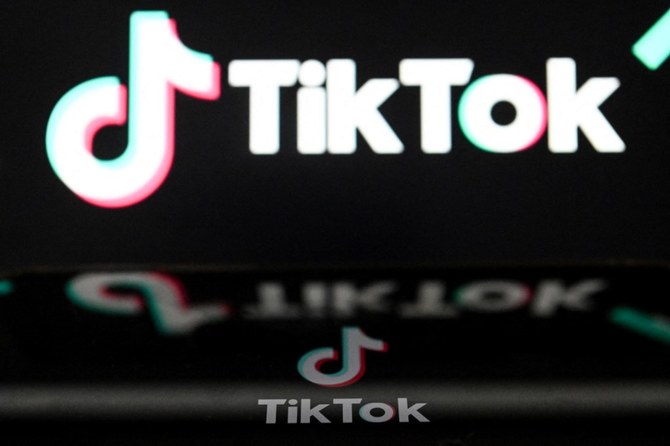
- Content Credentials technology denotes how images were created and edited
- For the system to work, both AI maker and platform must adhere to use the industry standard
LONDON: TikTok said on Thursday it would start using a technology aimed at helping it label images and video generated by artificial intelligence and uploaded to the video sharing service.
TikTok said it would adopt “Content Credentials,” a digital watermark that denotes how images were created and edited. The Content Credential technology was spearheaded by Adobe but is open for other companies to use and already has been adopted by companies such as ChatGPT creator OpenAI.
Researchers have expressed concerned that AI-generated content could be used as misinformation in an attempt to interfere with US elections this fall. TikTok was already among a group of 20 tech companies that earlier this year signed an accord pledging to fight it.
YouTube, owned by Alphabet’s Google, as well as Meta Platforms, which owns Instagram and Facebook, have also said they plan to use Content Credentials.
For the system to work, both the maker of the generative AI tool used to make content and the platform used to distribute the contents must both agree to use the industry standard.
If a person uses OpenAI’s Dall-E tool to generate an image, for example, OpenAI attaches a watermark to the resulting image. If that marked image is then uploaded to TikTok, it will be automatically labeled as AI-generated.
TikTok, which is owned by China’s ByteDance, has 170 million users in the United States, which recently passed a law requiring ByteDance to divest TikTok or face a ban. TikTok and ByteDance have sued to block the law, arguing it violates the First Amendment.
TikTok already labels AI-generated content made with tools inside the app but the latest move would apply a label to content generated outside of the service.
“We also have policies that prohibit realistic AI that is not labeled, so if realistic AI (generated contents) appears on the platform, then we will remove it as violating our community guidelines,” Adam Presser, head of operations and trust and safety at TikTok, said in an interview.
BBC investigation finds half of water facilities in Gaza have collapsed
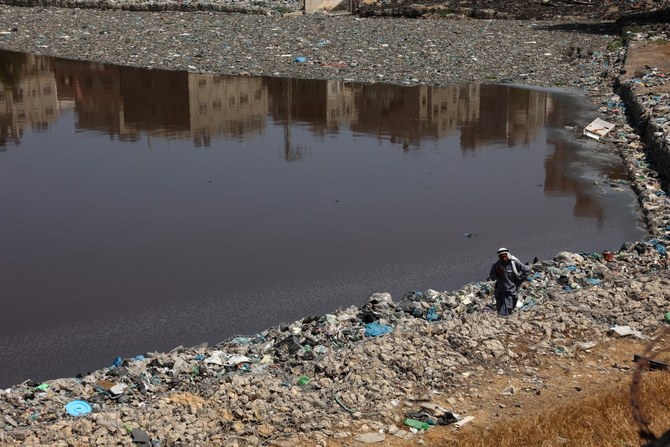
- Over half of desalination plants and borehole systems have been damaged or destroyed
- Damage to wastewater treatment plants has caused a surge of waterborne illnesses
LONDON: A BBC investigation has revealed that half of Gaza’s water and sanitation facilities have collapsed since the start of the Israel-Hamas war.
Satellite footage from BBC Verify showed just over half of the 603 desalination plants and borehole systems used to supply water to Gaza have been damaged or destroyed, along with four of the six wastewater treatment plants.
According to an aid agency cited by the BBC, the remaining two treatment plants have shut down due to lack of fuel or supplies. Repair efforts have been severely disrupted by damage to a major depot.
The collapse of facilities has led to a surge in waterborne illnesses, posing serious health risks to the population and particularly to children and pregnant women.
The number of cases of diarrheal disease, hepatitis A, and in some cases, cholera, have all spiked dramatically.

Dr. Natalie Roberts, executive director of Medecins Sans Frontieres UK, said the destruction of water and sanitation facilities had resulted in “disastrous health consequences for the population,” leading to fatalities.
She highlighted Rafah and the southern border region as particularly affected areas.
The BBC said as the exact condition of each facility could not be determined, there was no distinction between classifying them as “destroyed” or “damaged”.
It also acknowledged that not all damage was visible from the satellite images — mostly in northern Gaza or the area around the southern city of Khan Younis — so some affected facilities could have been missed.
The situation has been exacerbated by damage to Gaza’s Coastal Municipalities Water Utility and the main service depot of UNICEF, making repairs challenging.

Human rights experts argue facilities critical to civilian survival should be protected.
Leila Sadat, a former special advisor on crimes against humanity at the International Criminal Court, suggested the pattern of destruction indicated either a “reckless approach” to civilian infrastructure or intentional targeting.
She added it was possible that “these were not all mistakes.”
In response to BBC’s findings, the Israel Defense Forces said Hamas used civilian infrastructure for military purposes, storing weapons and ammunition.
It maintains water facilities were primarily struck during airstrikes targeting Hamas fighters and denies intentionally targeting civilian infrastructure.
Turkiye’s competition board to fine Meta $37.2 million in data-sharing probe
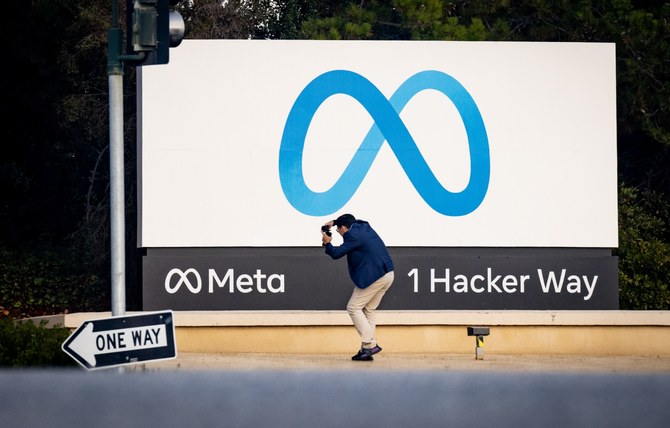
- The board launched an investigation into Meta in December over a possible violation of competition law
- Last month Meta said it would temporary shut down Threads to comply with interim measure
ISTANBUL: Turkey’s competition board fined Meta Platforms 1.2 billion lira ($37.20 million) on Wednesday after concluding two separate investigations on data-sharing in its Facebook, Instagram, WhatsApp and Threads platforms.
The board launched an investigation into Meta in December over a possible violation of competition law by linking its social media platforms Threads and Instagram. The board in March imposed an interim measure on Meta meant to hinder data sharing between those two platforms.
Meta said last month it would temporarily shut down Threads in Turkey to comply with the interim order.
The board said on Wednesday it imposed a fine of 898 million lira for the compliance process and the investigations launched into Facebook, Instagram and WhatsApp, as well as an additional 336 million lira fine for a separate investigation into Threads.
Users will be able to merge personal data between Facebook, Instagram, and WhatsApp with their own consent and will be notified about data usage, according to the board decision. Users will be able to change their settings later, if needed, using an “accounts centre” on the platforms, it said.
In January, the board also fined Meta $160,000 per day for failing to provide sufficient documentation as part of another previous investigation. It had also imposed a daily fine of 4.8 million lira per day in March over a notification message about data-sharing.
Both those penalties ended May 3.
In 2022, the board also decided to fine Meta 346.72 million lira for violating competition law.
Jordan media authority files complaint against Al-Yarmouk channel for ‘broadcasting without license’
Jordan media authority files complaint against Al-Yarmouk channel for ‘broadcasting without license’
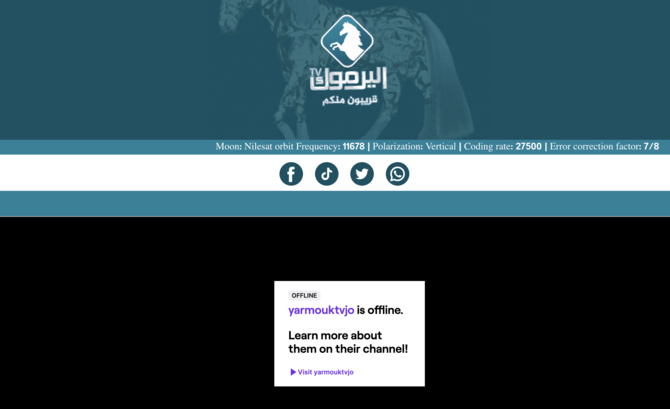
- Muslim Brotherhood-affiliated network closed in past over licensing
- Al-Yarmouk TV had claimed initial approval, waiting for final decision
LONDON: Jordan’s media authority has filed a complaint against Al-Yarmouk Satellite Channel, accusing it of breaching broadcasting regulations, the Jordan News Agency reported on Tuesday.
The Muslim Brotherhood-affiliated network was closed down and referred to public prosecutors on charges of unauthorized activity and broadcasting from Jordan without obtaining government approval.
“The Jordan Media Commission (JMC) had filed several complaints in the past in this regard, a number of which included a general pardon law, while the latest decision was issued by the highest judicial body in the Kingdom (Court of Cassation) and by written order,” the JMC’s Director-General Bashir Momani said in a statement.
Sources close to the channel’s staff reported that security agencies raided the offices, seizing broadcasting equipment and preventing employees from entering. The channel employs 25 people.
Momani explained that the decision was taken in accordance with the country’s Audiovisual Media Law, adding that the broadcasting equipment confiscated would be used as evidence in the case.
This is not the first time Jordan’s authorities have closed the channel for broadcasting without a permit.
Launched in 2013, the channel faced a similar shutdown two years later. Al-Yarmouk then worked with local companies and studios to produce and record its programs before transmitting them via satellite.
In 2016, the Jordan Visual and Audio Authority issued a circular to production and distribution companies in the country, prohibiting “unlicensed” channels from transmitting via third parties without legal approval.
At that time, the commission did not clarify the reasons for not licensing the channel but denied that the decision was politically motivated.
The channel’s then-director, Khader Al-Mashaykh, later claimed that the network received initial approval but that the application was stalled while waiting for approval from Jordan’s prime minister.
He added that authorities informed him Al-Yarmouk TV could continue operations while awaiting a final response.
Momani suggested that the decision was not specifically targeted at the channel, emphasizing that the JMC would apply the law to any parties found in violation.
Undercover operation nets arrests as US prosecutor blames Meta for online predators
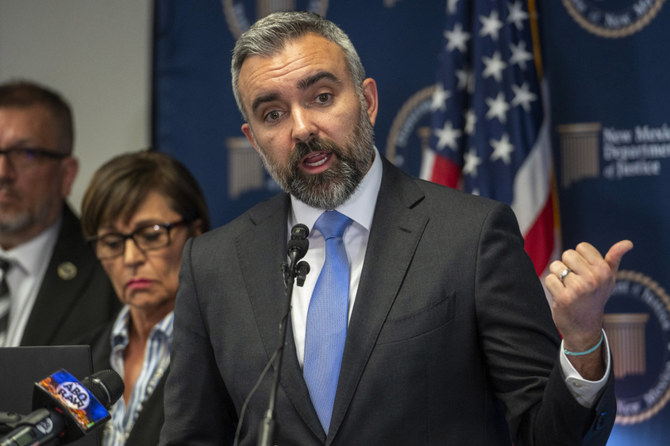
- New Mexico's attorney general suggested that Meta executives were putting company profits above the interests of parents and children
- Lawsuit says uncovered internal documents show Meta employees estimating about 100,000 children every day are subjected to sexual harassment on the company platforms
ALBUQUERQUE, US: New Mexico state’s top prosecutor announced charges Wednesday against three men who are accused of using Meta’s social media platforms to target and solicit sex with underage children.
The arrests are the result of a monthslong undercover operation in which the suspects connected with decoy accounts that were set up by the state Department of Justice. The investigation began in December around the time the state filed a civil lawsuit against the social media giant, claiming Meta was failing to take basic precautionary measures to ensure children were safe on its platforms.
New Mexico Attorney General Raúl Torrez said during a news conference Wednesday that the suspects communicated and exchanged explicit sexual content through Facebook’s messenger app and were clear in expressing a sexual interest in children.
“It’s extraordinarily concerning to us just how easily these individuals found the undercover personas that were created,” Torrez said. “And it is, frankly, I think a wakeup call for all of us to understand just how serious these kinds of threats are.”
He placed blame on Meta executives, including CEO Mark Zuckerberg, and suggested that the company was putting profits above the interests of parents and children.
“For those of us who are engaged in this work, we are simply tired of the rhetoric,” he said. “We are tired of the assurances that have been given to members of our communities, to members of Congress, to policymakers that all reasonable steps have been taken to ensure that this type of behavior doesn’t occur.”
Meta disputed the allegations and reiterated Wednesday that it uses technology to prevent suspicious adults from finding or interacting with children and teens on its apps and that it works with law enforcement in investigating and prosecuting offenders.
The company also said it has hired child safety experts, reports content to the National Center for Missing and Exploited Children and shares information and tools with others to help root out predators.
“This is an ongoing fight, where determined criminals evolve their tactics across platforms to try and evade protections,” Meta said in an emailed statement.
While the state attorney general’s office will continue working to identify predators who are targeting children, Torrez said it’s too early to say whether that work will have a bearing on the civil litigation.
As part of that lawsuit, New Mexico prosecutors say they have uncovered internal documents in which Meta employees estimate about 100,000 children every day are subjected to sexual harassment on the company’s platforms.
The three defendants in the criminal case were identified as Fernando Clyde, Marlon Kellywood and Christopher Reynolds. Prosecutors are seeking to detain them pending trial on charges that include child solicitation by an electronic communication device.
Hearings have yet to be scheduled, and court records did not list attorneys who could speak on behalf of Clyde and Kellywood. A message was left with the public defender’s office, which is representing Reynolds.



